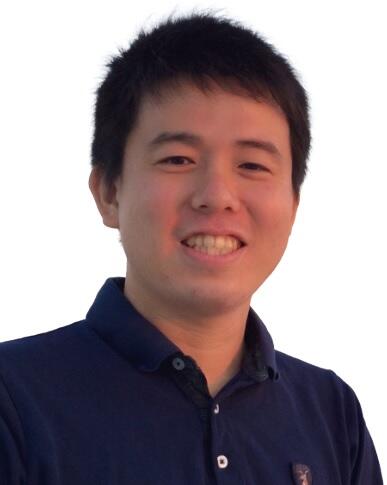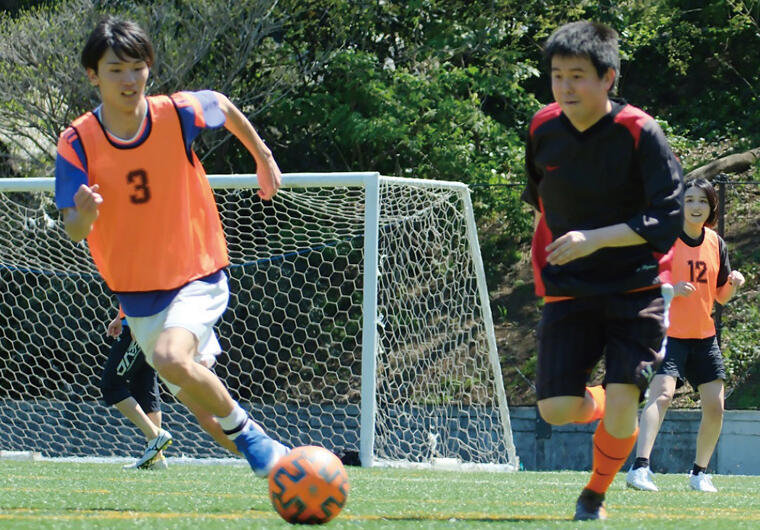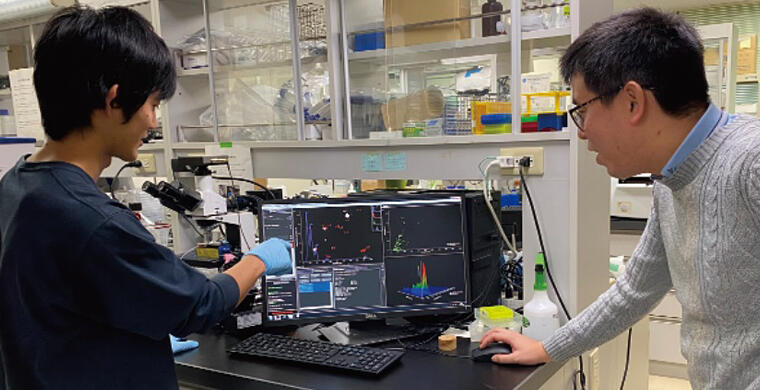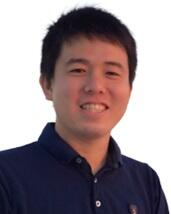
Associate Professor, Graduate School of Medicine, the University of Tokyo
Q1: How did you get into synthetic biology?
A1: From architecture to chemical biology
I have been interested in manufacturing since early childhood and was thinking of studying architecture when I entered university. I was also interested in pharmaceutical sciences because of my allergies, and I was not sure which major to pursue. My turning point was that I had a class taught by Professor Tohru Fukuyama of the Graduate School of Pharmaceutical Sciences at the University of Tokyo (at that time), a specialist in synthetic organic chemistry, and I asked for his advice. I was impressed by his words, "In organic chemistry, you design and assemble your own molecules. So, organic chemistry is just like small architecture," and I decided to enter the Faculty of Pharmaceutical Sciences to study synthetic organic chemistry.
However, after failing to be selected in the laboratory assignment lottery, I unexpectedly joined an immunology laboratory. Although it was not what I expected, I was exposed to the depth of biological research there, and my interest shifted from pure synthetic chemistry to chemical research directed at "what to do with the synthesized compounds." Thus, when I entered graduate school, I knocked on the door of the chemical biology laboratory headed by Drs. Tetsuo Nagano and Yasuteru Urano.
In the course of my research to create useful chemical tools for medical and life science research, I realized the need to learn techniques to control more complex biological systems. Therefore, after earning my Ph.D. degree, I went to Switzerland to acquire skills in synthetic biology based on higher level biomolecular engineering, such as modification of cells and proteins.

Q2: Please tell us about your current research project.
A2: Understanding and advanced utilization of extracellular vesicles
After returning to Japan, I have been building on the expertise I have acquired to date and conducting a wide range of research, trying to create interesting products by manipulating small molecules, proteins and cells in various ways. In particular, I am focusing on "extracellular vesicles (EVs)," which mediate intercellular communication in living organisms, and I am putting my efforts into research to understand their functions and make their manipulation possible.
Recently, I have developed the "CIBER screening method" for comprehensive analysis of factors controlling EV release by tracking whereabouts of EVs containing nucleic acids that serve as barcode-like markers. This method may open a path to treatment of EV-related diseases by applying it to various cells for disease-specific EV release regulation.
Moving forward, I hope to apply this technology for understanding and controlling EVs to the development of drug carriers that encapsulate drugs and deliver them to target cells. My goal is to develop next-generation therapies with fewer adverse effects by programming target cells as desired and imparting specific functions to EVs.

Q3: What advice would you give to aspiring researchers?
A3: Put value in "what you want to achieve"
I think I have gradually established my own unique approach to research through encounters with various professors and cross-disciplinary experiences based on my interest in manufacturing. I would like to encourage future researchers to have the courage to dive into new technologies and fields without being bound by stereotypes.
When deciding on your research theme or career plan, you will end up with something small if you try to achieve a goal that can be done with techniques in line with current levels. What I think is important is to think first about "what would make you excited if it is realized?" I would like to conduct dream-inspiring research by learning whatever knowledge and techniques necessary to realize it and increasing my strengths as a researcher and colleagues I can work with.
Research can be tough, but you will have more fun as it gets closer to the frontier. I hope that all of you will continue to challenge yourselves, have fun, and carve out your own unique paths.
(Article: Kayo Murakami)

Profile
Ryosuke Kojima
Associate Professor, Graduate School of Medicine, the University of Tokyo
Born in Tokyo. Completed Ph.D. in Pharmaceutical Sciences at the University of Tokyo Graduate School of Pharmaceutical Sciences in 2014. Served as a postdoctoral researcher at ETH Zürich (HFSP Long-Term Fellow) and an assistant professor at the University of Tokyo Graduate School of Medicine before assuming his current position in 2022. Served as a PRESTO researcher from 2017 to 2021 and has been a FOREST researcher since 2022.




